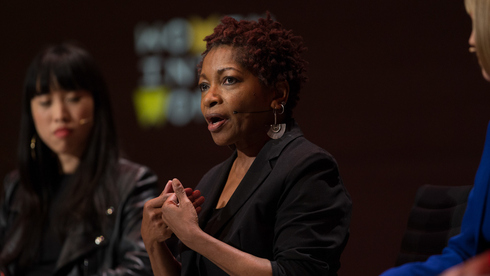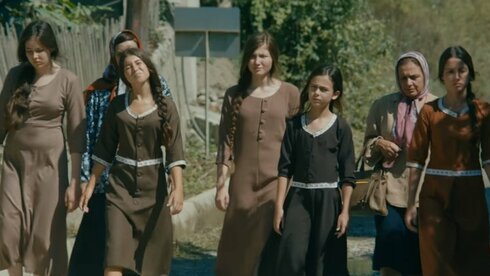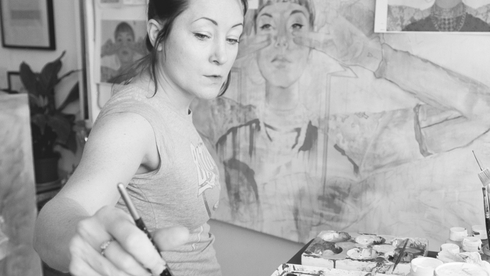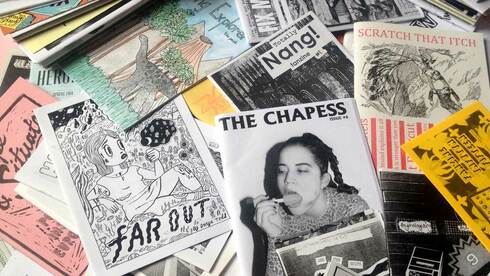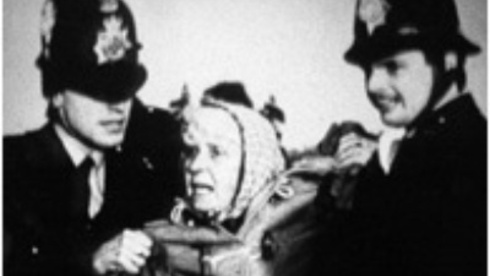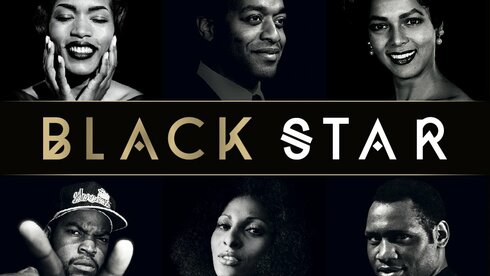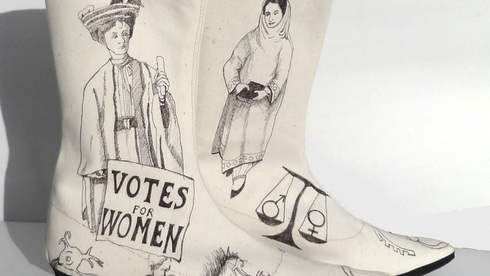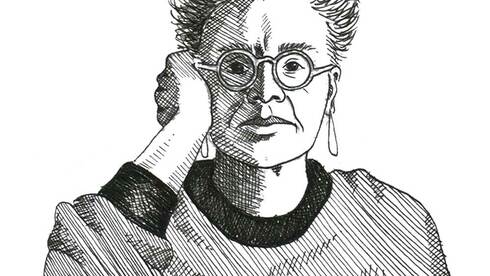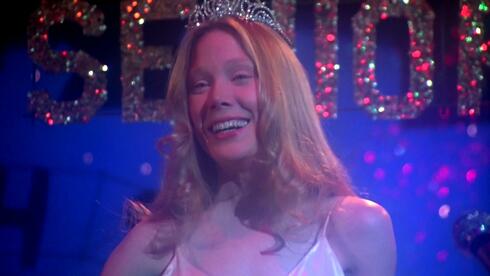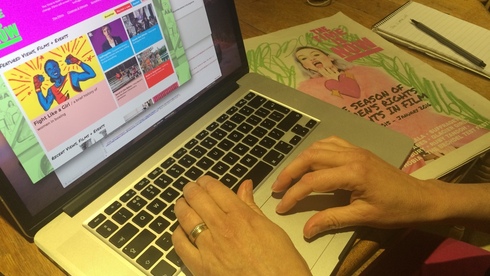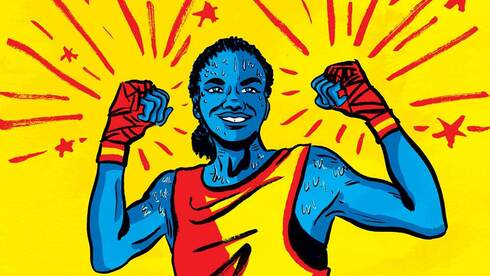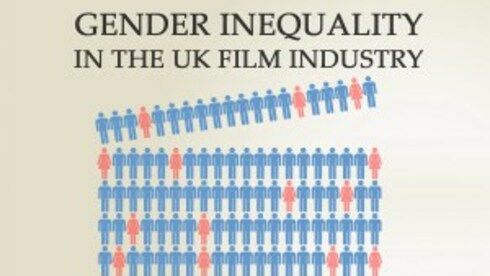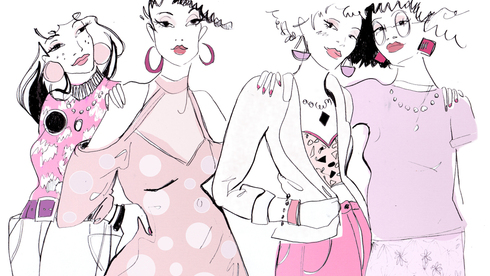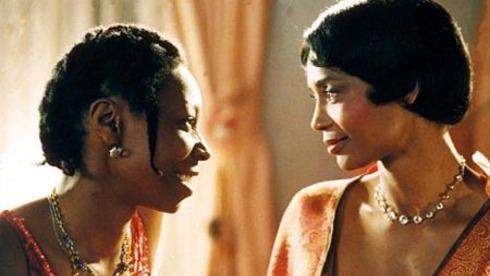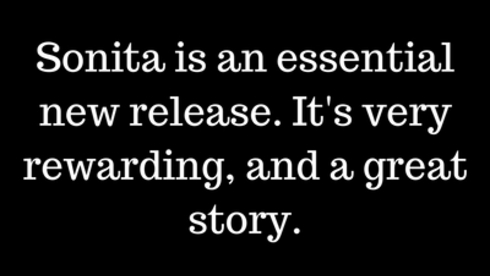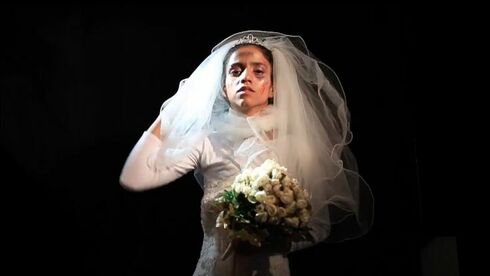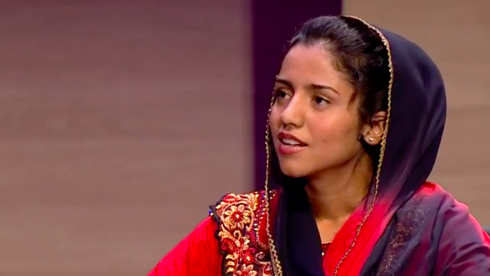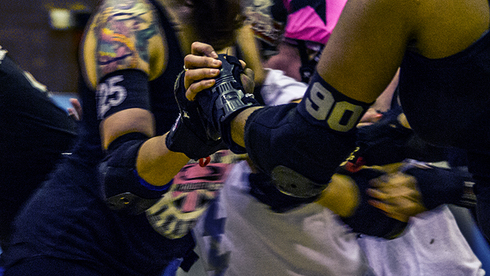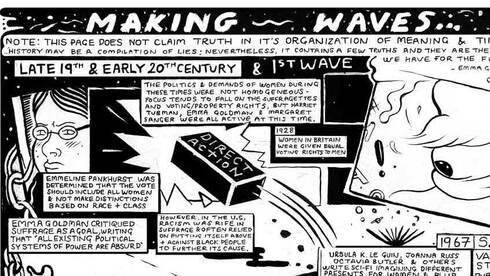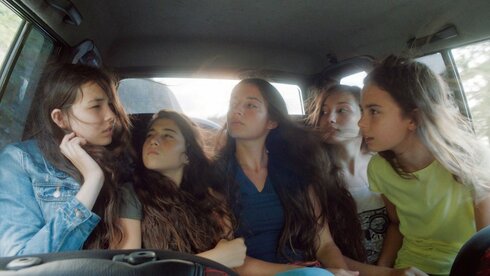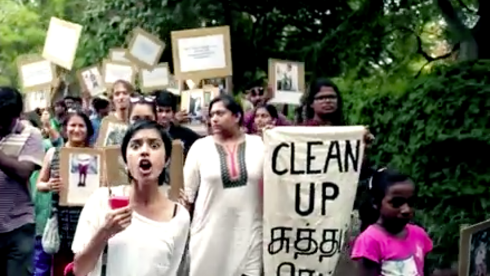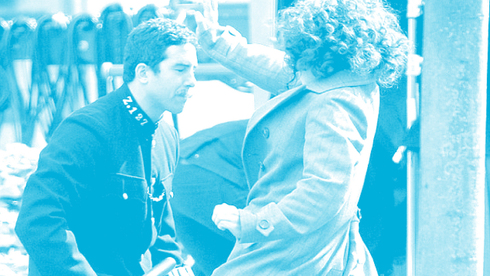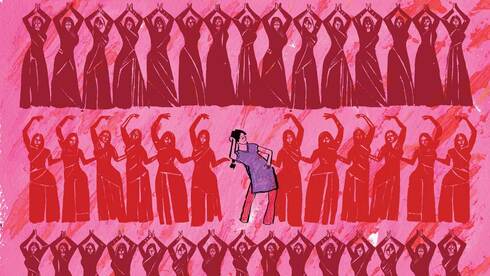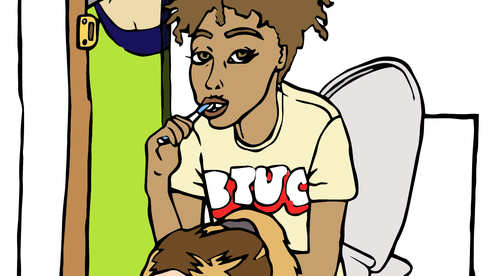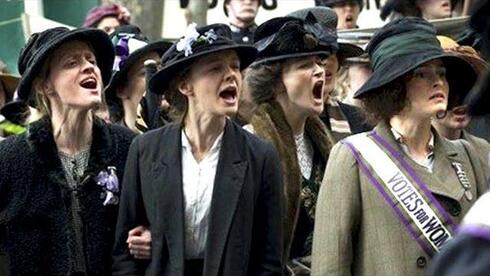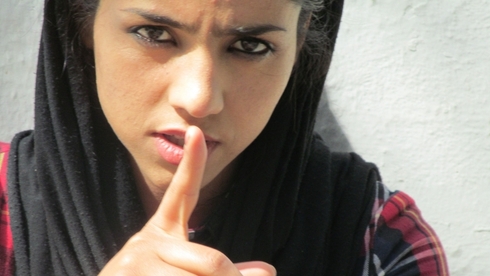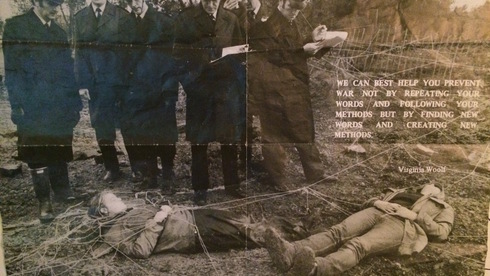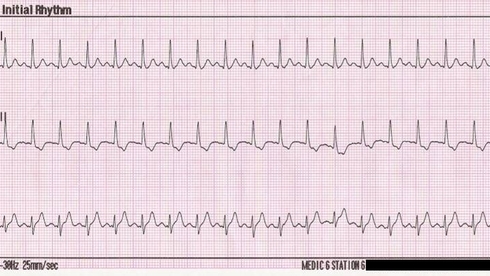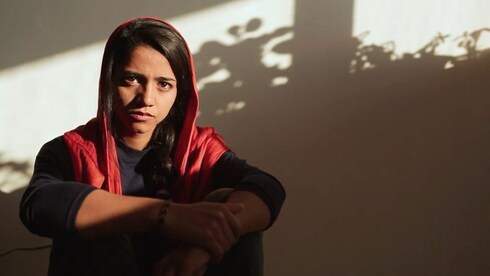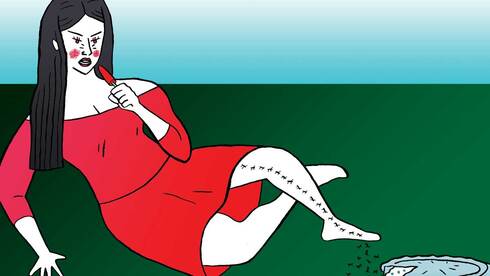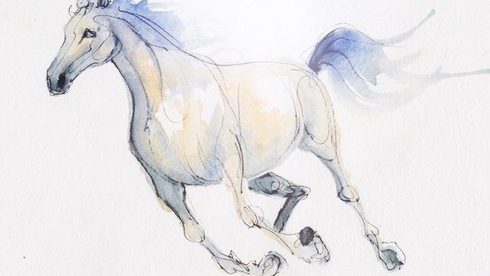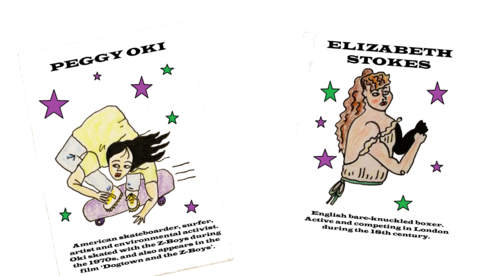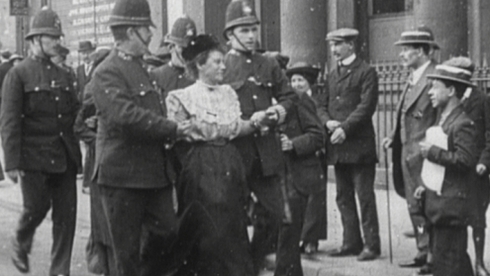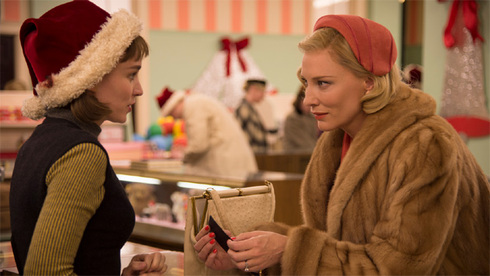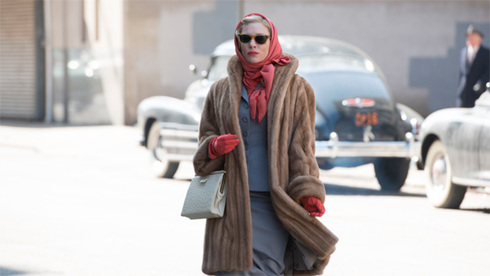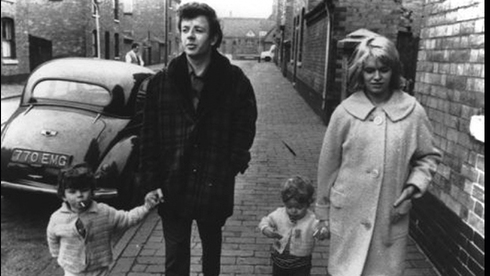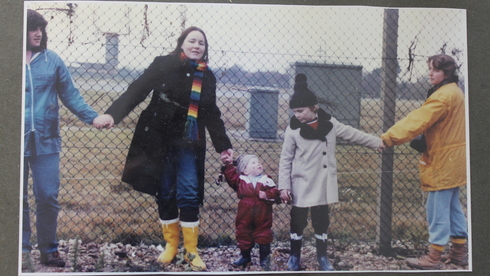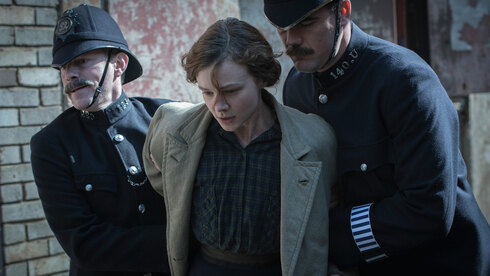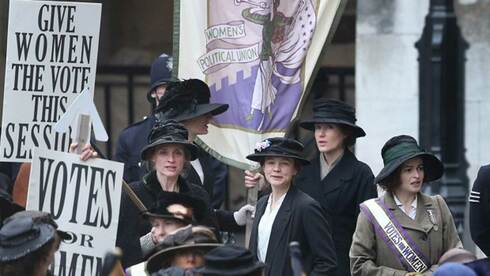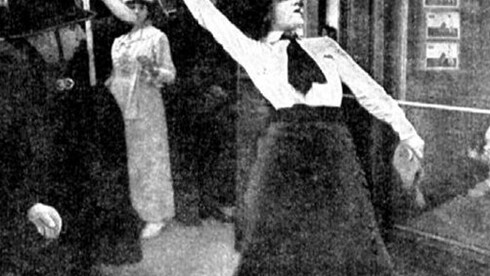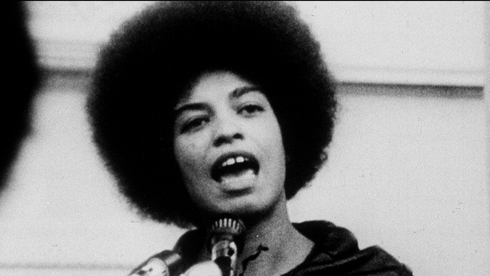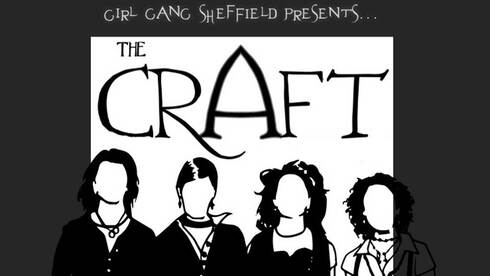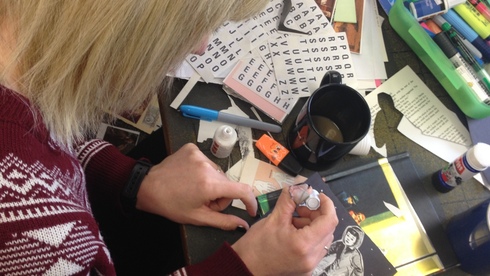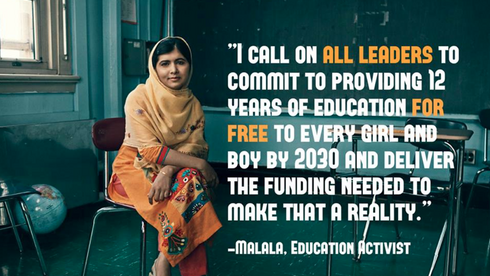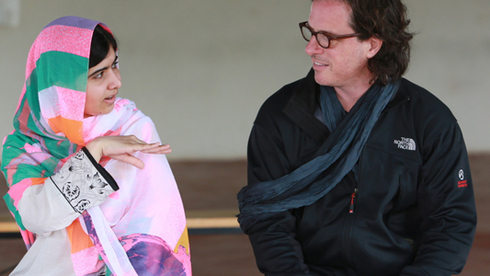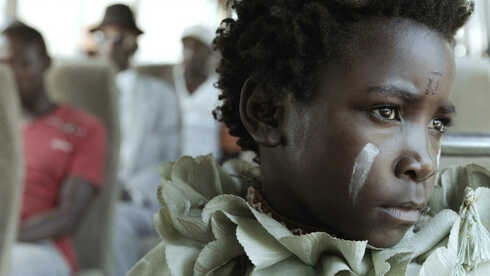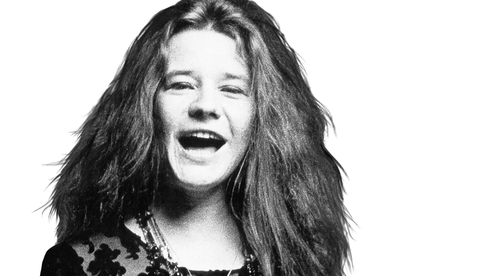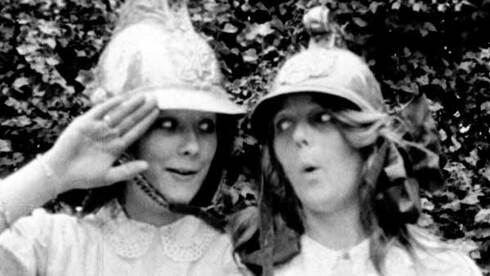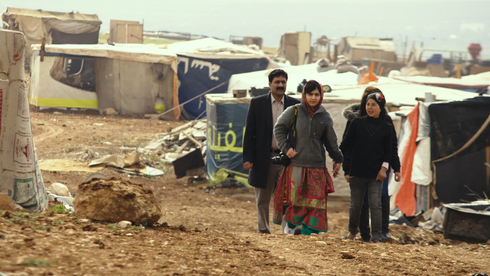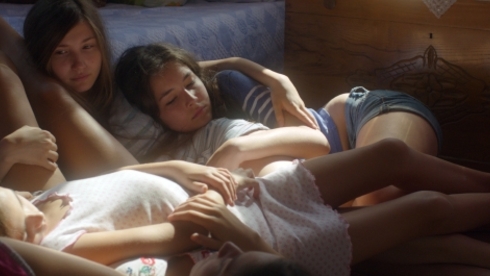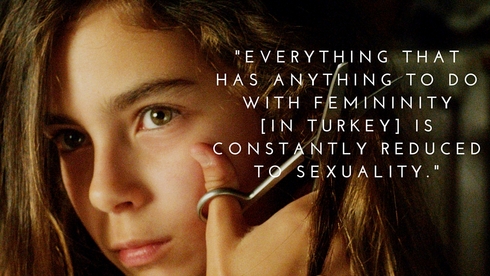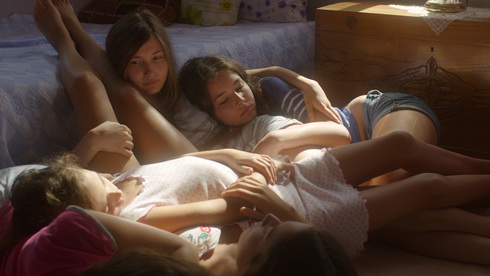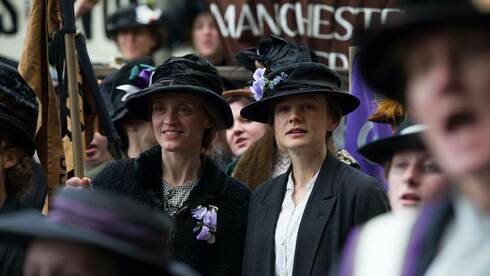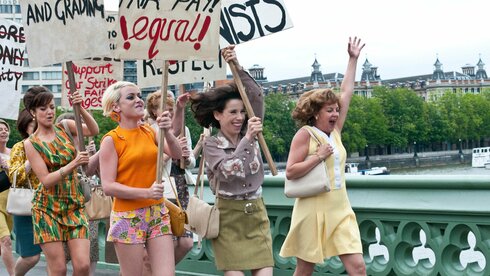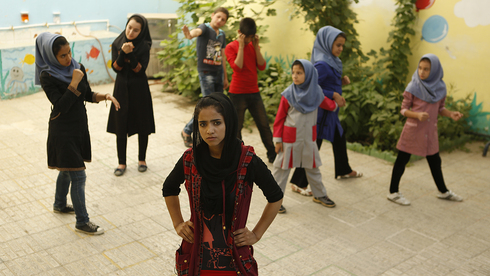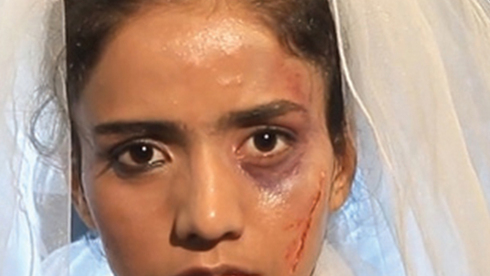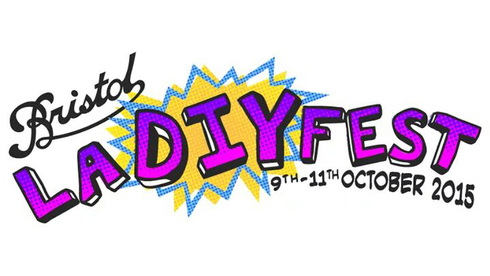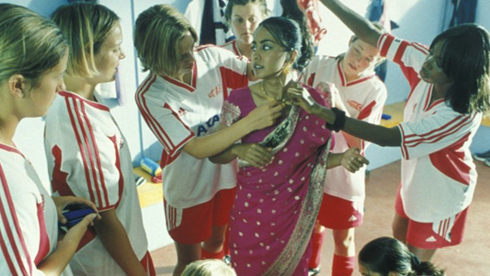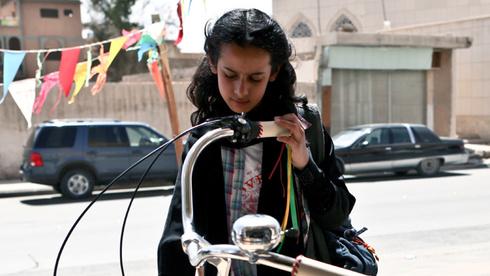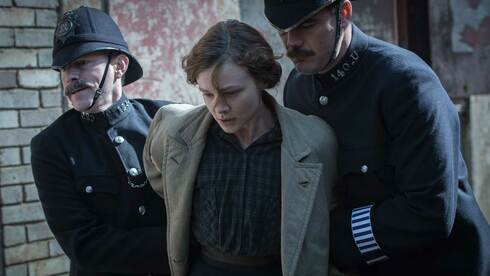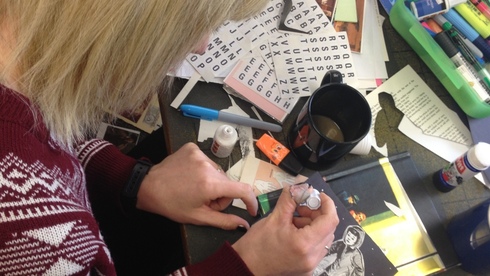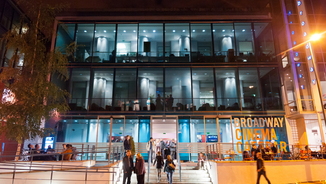
Have your Say
Enter your feedback using the editable page below, your response is saved automatically. You can return at any time to https://ttin.uk/contribute to finish.
Follow these 8 easy steps:
- Select a theme that you think best represents your response's subject matter
- Click and enter a title & subtitle
- If you've got an image you'd like to add, click the holding image, upload your image, add a caption
- Enter the main copy in your response here, by simply clicking and typing - select words to format them
- Optional - Enter the venue your response might be associated with
- Optional - Choose the film that your response might relate to
- Optional - Choose the article that your response might relate to
- Optional - Choose an event that your response might relate to
- That's it! Click "Send us your contribution" - Thanks!
No Associated Cinema/Venue


Cambridge Arts Picturehouse
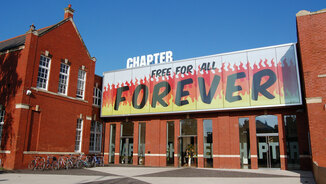
Chapter

Chichester Cinema at New Park

Cinebox / thebox.tv

Clapham Picturehouse

Club des Femmes

Curzon Canterbury
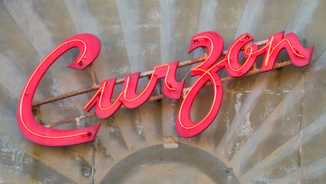
Curzon Clevedon

Curzon Sheffield

Curzon Soho

Dukes at Komedia

Farnham Maltings

Feminist Movie Mondays

Girl Gang Sheffield

Greenwich Picturehouse

Hackney Picturehouse

HOME

Kino Kulture

Lincoln Film Society & Others

mac birmingham

Masham Town Hall

Otley Courthouse

QUAD Derby

Queen’s Film Theatre

Reel Equality Film Club

Ritzy Picturehouse

Sandford Community Cinema

Showroom Cinema

South Hill Park Arts Centre

Stoke Film Theatre

Stratford Picturehouse

Theatr Clwyd

The Bechdel Test Fest
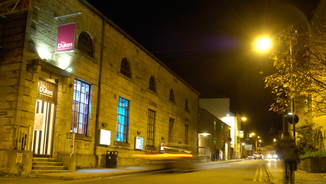
The Dukes Lancaster
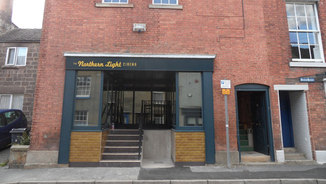
The Northern Light Cinema

Tyneside Cinema
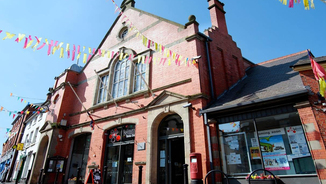
Wem Town Hall

Wokingham Film Society
2
3
You may provide an image, upload it by clicking on the placeholder image to the left.
6
Not about a film
Bend it like Beckham

directed by Gurinder Chadha
Jesminder, the daughter of a Punjabi-Sikh Indian couple from Hounslow - wants something more than the life already carved out for her – and her heart is set on football. A comedy about fitting in, standing out and bending all the rules!
Carry Greenham Home
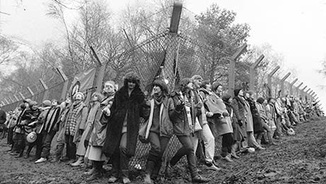
directed by Beeban Kidron, Amanda Richardson
Velvet fist in iron glove - Greenham Common Women's Peace formed in 1981 to protest the Government’s decision to allow cruise missiles to be based in Berkshire. In April 1983, tens of thousands of women came together to form a 14-mile human chain.
Daphne

directed by Peter Mackie Burns
Award-winning new film DAPHNE starring Emily Beecham (HAIL, CAESAR!) opens in cinemas across the UK on Friday 29th September.
Die Suffragette
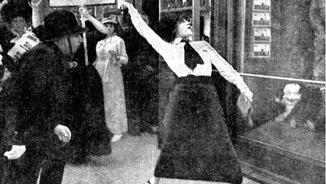
directed by Urban Gad
Based on the life of Christabel Pankhurst. A film that marks the pivotal actions and political convictions of Nelly Panburne - most notably putting a bomb under the chair of the suffragette’s opposition, Lord Ascue. Can rebellious actions be dissolved by love in unexpected places?
Difret

directed by Zeresenay Mehari
A young lawyer travels to an Ethiopian village to represent Hirut, a 14-year-old girl who shot her would-be husband as he and others were practicing one of the nation's oldest traditions: abduction into marriage.
Dreamcatcher

directed by Kim Longinotto
Through the remarkable story of Brenda from Chicago, Longinotto’s electrifying and deeply moving documentary 'Dreamcatcher' explores the cycle of neglect, violence and exploitation which each year leaves thousands upon thousands of girls and women feeling that prostitution is their only option to survive.
Fatima

directed by Philippe Faucon
Mother/daughter relationships are at the centre of this story of North African-born cleaner, Fatima and her family living in France. Conflict and alienation inside modern French society is exposed through this sharp, insightful and warm slice of life.
Femen: Ukraine is not a brothel
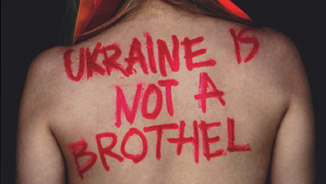
directed by Kitty Green
Free Angela and All Political Prisoners
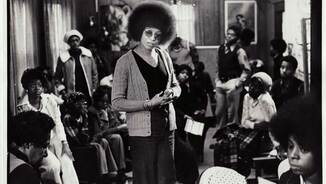
directed by Shola Lynch
Gripping documentary on trailblazing college professor, activist and icon, Angela Davis and the high stakes crime, political movement, and trial that catapulted 26 year-old newly appointed UCLA philosophy into a revolutionary political icon.
Gett: The Trial of Vivian Amsalem

directed by Ronit Elkabetz, Shlomi Elkabetz
An Israeli woman seeking a divorce from her estranged husband is effectively put on trial by her country’s religious marriage laws. This tightly wound film shows an uncompromising fight for freedom and a heart-rending portrait of a woman’s struggle to overcome an unmoving patriarchy to live a life of her own design. A powerhouse courtroom drama.
Girlhood

directed by Céline Sciamma
Marieme joins an all-girl gang in the projects of Paris and is slowly turned out of her shell by her three sassy neighbours. As she falls further under their bravado and volatile energy, she begins making brave and foolish choices.
He Named Me Malala

directed by Davis Guggenheim
Malala is a young girl with a strong voice. Standing up for women’s education rights in her home country of Pakistan made her a target for the Taliban in 2012.
I Am Not A Witch
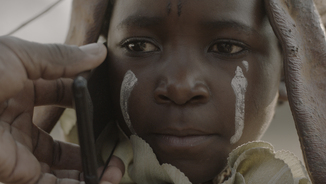
directed by Rungano Nyoni
Following a banal incident in her local village, 8-year old girl Shula is accused of witchcraft. After a short trial she is found guilty, taken into state custody and exiled to a witch camp in the middle of a desert. At the camp she takes part in an initiation ceremony where she is shown the rules surrounding her new life as a witch. Like the other residents, Shula is tied to a ribbon which is attached to a coil that perches in a large tree. She is told that should she ever cut the ribbon, she'll be cursed and transformed into a goat.
In The Turn

directed by Erica Tremblay
Janis: Little Girl Blue

directed by Amy Berg
Made in Dagenham

directed by Nigel Cole
An inspirational, feel-good film about the fight for equal pay - Made in Dagenham is set during the successful strike by 187 women car workers in the Ford Dagenham factory in 1968. Working in extremely impoverished conditions and for long arduous hours, the women finally lay down their tools when they are reclassified as "unskilled". In a protest that eventually leads to the Equal Pay Act; they take on their corporate paymasters, an increasingly belligerent local community, and finally the male-dominated House of Commons itself.
Make More Noise: Suffragettes in Silent Film
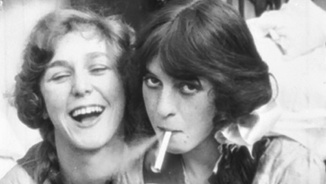
directed by Various
With a title inspired by Emmeline Pankhurst’s speech, the BFI presents over 20 silent archive films combining gloriously anarchic comedies, newsreels and rarely seen footage with a specially commissioned live score by Lillian Henley. A fascinating insight into women’s suffrage.
Mustang

directed by Deniz Gamze Ergüven
Set against the stunning backdrop of small town Turkey, five fiercely independent sisters fight against outdated social traditions and family pressures. Impassioned and affecting, Oscar‐ nominated Mustang is bold and powerful.
Offside
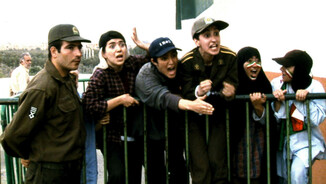
directed by Jafar Panahi
In Iran, women are officially banned from men’s sporting events. In June 2005, Iran defeated Bahrain to qualify for the world cup. Young women football fanatics struggle against all-male rule by dressing as boys to infiltrate the match. Intelligent, funny satire on culture and the position of women.
Persepolis
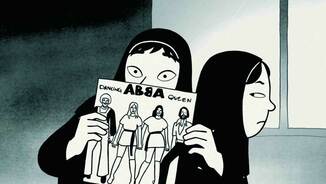
directed by Vincent Paronnaud, Marjane Satrapi
Based on the graphic novel memoirs of Marjane Satrapi, Persepolis is the poignant story of a young, outspoken nine-year old girl coming-of-age in Iran during the 1979 Revolution. Through her eyes we see a people's hopes dashed as fundamentalists take power — forcing the veil on women and imprisoning thousands. Clever and fearless, she outsmarts the "social guardians" and discovers punk, ABBA and Iron Maiden.
Pussy Riot: A Punk Prayer

directed by Mike Lerner, Maxim Pozdorovkin
In 2012, three women activists performed a 40 second "punk prayer" inside Russia's main cathedral. They were arrested on charges of religious hatred and entered a trial that reverberated around the world and transformed the face of Russian society forever.
Sepideh

directed by Berit Madsen
Sepideh wants to become an astronaut. She spends her nights exploring the secrets of the universe, while her family will do anything to keep her on the ground. The expectations for a young Iranian woman are very different from Sepideh's ambitions, and her plans to go to university are in danger.
Sonita
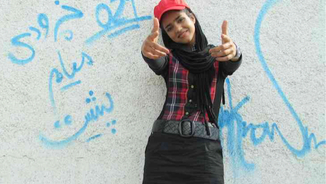
directed by Rokhsareh Ghaem Maghami
Rapping defiantly about her experiences in a sexist and repressive environment, Sonita is an activist for the ages, her spirit, attitude and resolve captured in this powerful documentary...
Suffragette

directed by Sarah Gavron
Suffragette is an intense drama that tracks the story of the foot soldiers of the early feminist movement as they fought for the right to vote, women who were forced underground to pursue a dangerous game of cat and mouse with an increasingly brutal state.
Supreme Price

directed by Joanna Lipper
This vital and remarkable story traces the evolution of the Pro-Democracy Movement in Nigeria and the determination to increase the participation of women in leadership. Following the annulment of her father's victory in Nigeria's Presidential Election and her mother's assassination by agents of the military dictatorship, Hafsat Abiola faces the challenge of transforming a corrupt culture of governance into a democracy capable of serving Nigeria's most marginalized population: women.
The Big City: Mahanagar
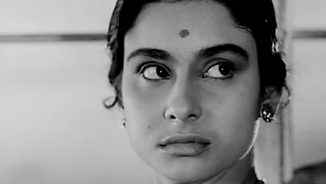
directed by Satyajit Ray
The Hunting Ground

directed by Kirby Dick
University rape-culture comes under the microscope and under pressure here as brave and inspiring women take on the US universities and force them to take notice.
Thelma and Louise

directed by Ridley Scott
An iconic and seminal road movie with one of the most memorable female friendships on screen (and off)!
Vessel

directed by Diana Whitten
A fearless sea captain sails a ship through loopholes in international law, providing abortions on the high seas, and leaving in her wake a network of emboldened activists who trust women to handle abortion on their own terms.
Wadjda
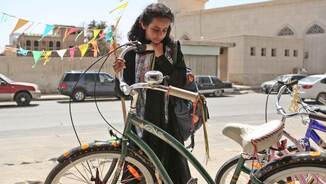
directed by Haifaa Al-Mansour
Growing up in Saudi Arabia, independent 10 year old Wadjda wants to wear trainers, listen to rock music and most importantly to ride a bike. Shot entirely in Saudi Arabia this is the first feature-length movie made by a female Saudi director.
Whale Rider

directed by Niki Caro
One young girl confronts the past to change the present and determine the future in this magical, moving story of Pai’s struggle to fulfil her destiny. In a small New Zealand coastal village, she must stand up to a thousand years of tradition to reveal the true way forward.
Not a response to article
Not a response to an event

